-
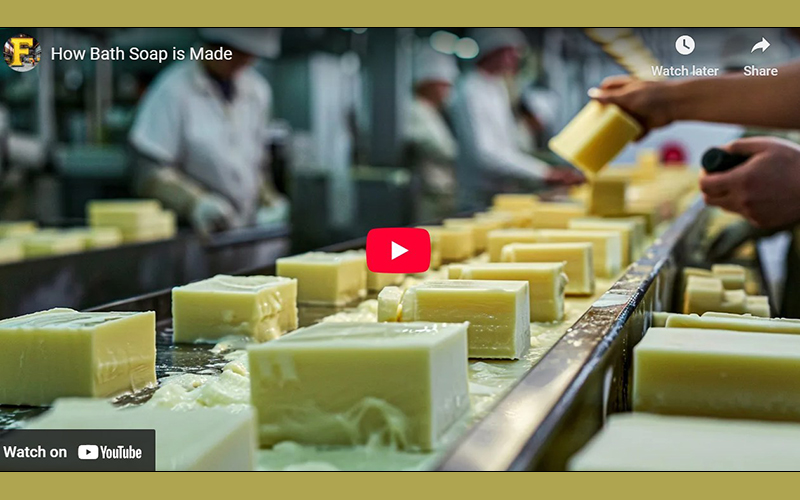
How Bath Soap is Made
Here’s a great video that shows how soap is commercially made. It is slanted toward olive oil and is big production, but it’s very interesting!.
-
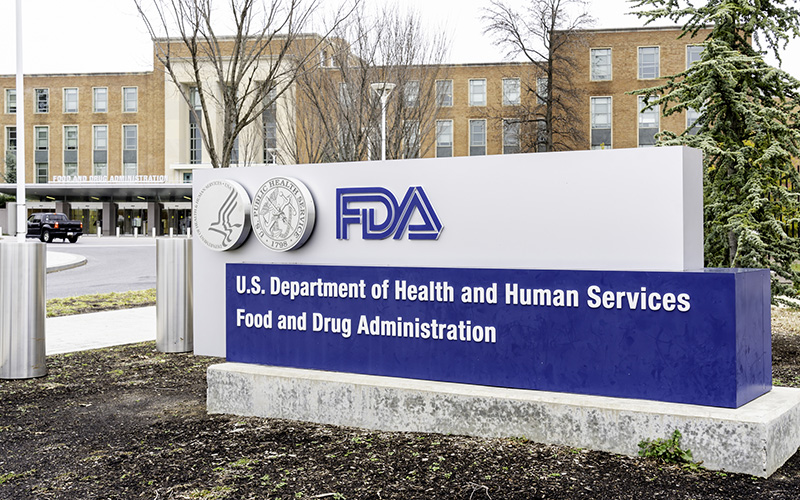
MoCRA Facility Registration & Product Listing Reports
On March 13th, 2025, the FDA announced the number of cosmetic facility registrations and cosmetic product listings that had been completed under MoCRA in the last year.
-
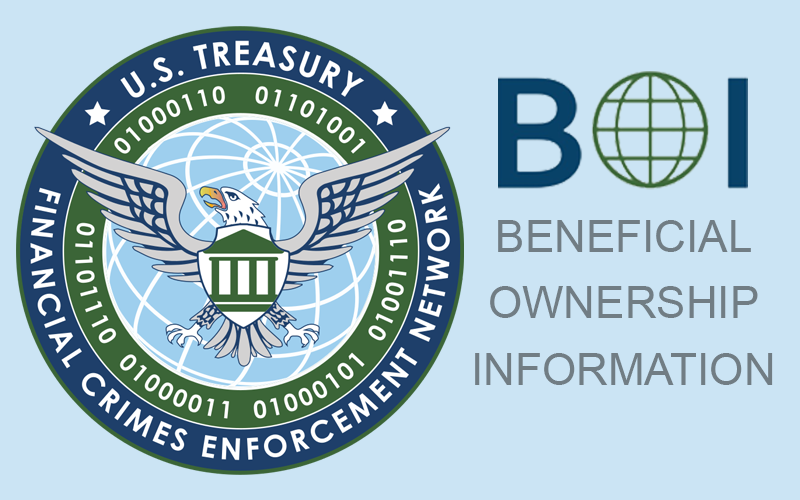
BOI – Geez, Now it’s OFF!
Beneficial Ownership Information — On, off, on, off, on, now OFF (and probably for good).
-

Labeling Book 2025 Edition Live on Amazon!!
Soap and Cosmetic Labeling 4th edition (2025) is LIVE on Amazon!
-

Update on BOI Filing – It’s On Again
Another court decision – reporting Beneficial Ownership Information with the US Treasury is BACK ON.
-
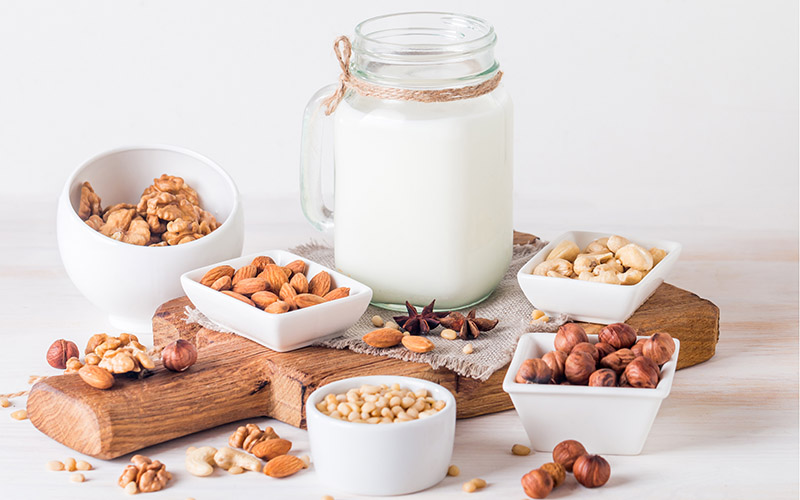
Soap, Cosmetics and Food Allergens
The FDA issued final guidance on food allergens. What does it mean for soap and cosmetic makers?
-

Cosmetic Regulations Under Trump
Donald Trump was sworn in as the 47th President yesterday (January 20th, 2025). Some of the actions he took yesterday may affect cosmetic regulations.
-

5 Steps to Avoid Social Media Disaster
Social media can be a great tool for your business, but it can also spell disaster – both legally and for your reputation.
-

Happy New Year!
Happy New Year 2025! Positive manifestation: This year is going to be the best year ever!
-

FinCEN BOI – File or Not?
The on-again off-again nature of the Corporate Transparency Act makes it a little uncertain whether you HAVE TO file your BOI (Beneficial Ownership Information) or not. Right now, not.
-
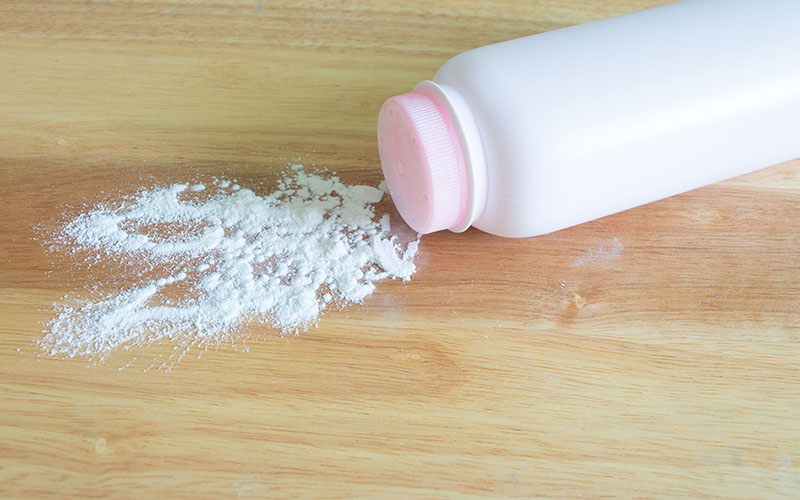
Testing for Products Containing Talc
On December 27, 2024, the FDA issued proposed regulations that all cosmetic products containing talc must be tested for the presence of asbestos.
-
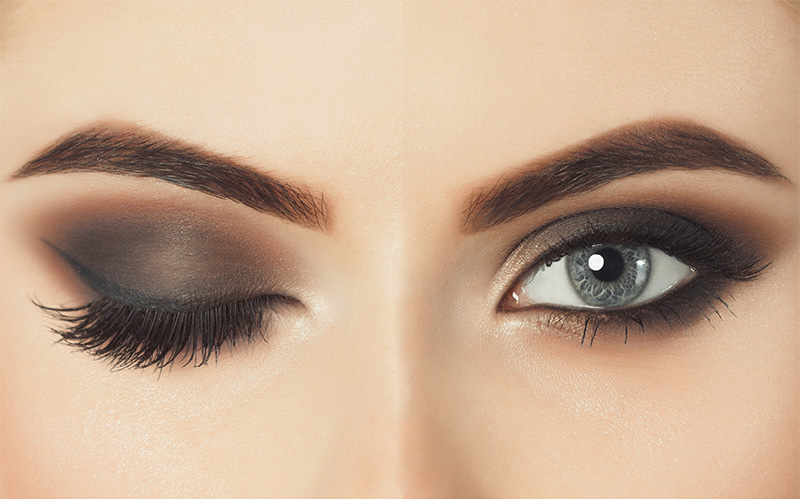
Eyeshadow and MoCRA
If you make eye shadow, you are not qualified for the small business exemption. That means facility registration, product listing, and good manufacturing practices apply.
Get updates and news from Marie Gale!
